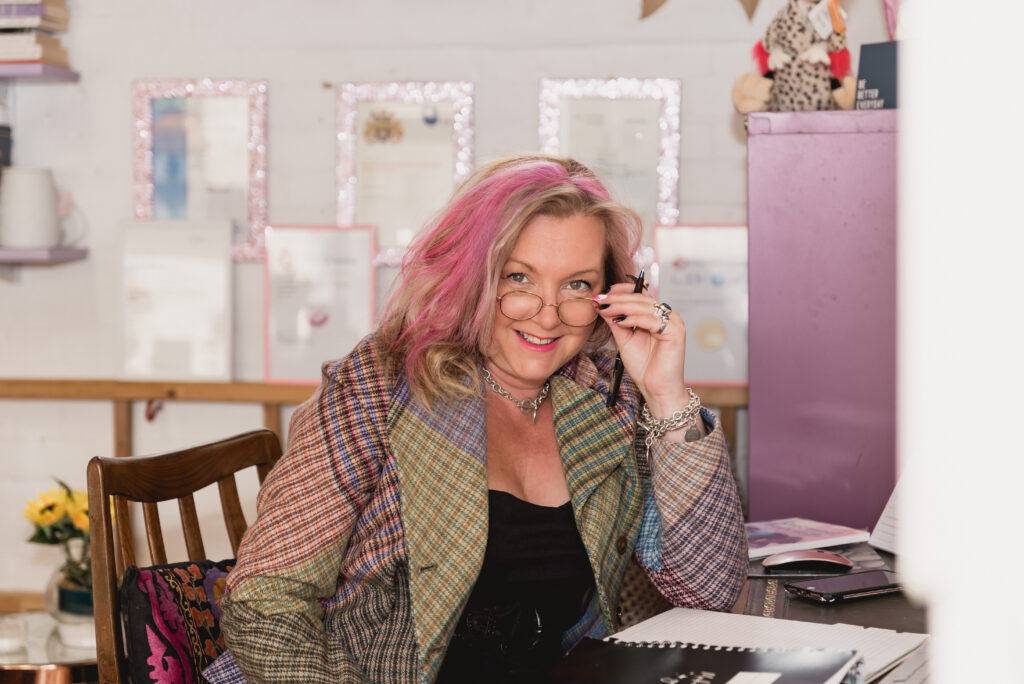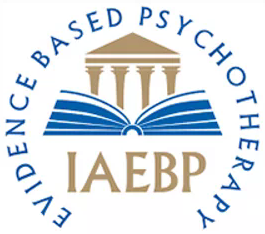

This always feels a tad controversial because we so often hear about controlling partners and looking for those red flags… but quite often when we do some self-reflecting, you might realise that you are actually controlling your partner.
Whilst a controlling partner will often deliberately put obstacles in place everyone of us will have some issues around security and self- assurance which can show up time to time… and if it’s not addressed can lead to friction in the relationship.
It can come across as a bit passive aggressive or needy… and you may not mean it to be so.
You may really want to be in that healthy space in the relationship but your own challenges with your self- relationship are showing up.
It’s really brave to take a moment to reflect and have a think about yourself!
It can come from a fear of loss or being abandoned. You might have a view on how a relationship should be that is based on un-realistic expectations. You might need to feel more in control yourself in other parts of your world and so you hang on to this part closer.
Sometimes (and I see this in myself honestly) you have become a bit dependant on your partner – your roles in the relationship are well defined and you no longer need to be so autonomous on a day-to-day basis, so you feel a bit uncomfortable when they are not around.
Or perhaps you struggle with trusting people’s actions?
In the world of relationship therapy, we look for inter-dependence. Two or more individuals who have independent actions and lives and choose to come together and share parts of it.
Once you see where you might be moving into a control pattern you can think about how that might change.
For support in your relationships in love life or business please do get in touch 07590069332 amoore@bemoore.uk
Follow me on insta for hints, tips and talks @alimoorebemoore
Book a free initial consult with to see how you can gain the support you need for self and others.








Download my free Let’s Dive into Joy! guide to help you reconnect with what lights you up.